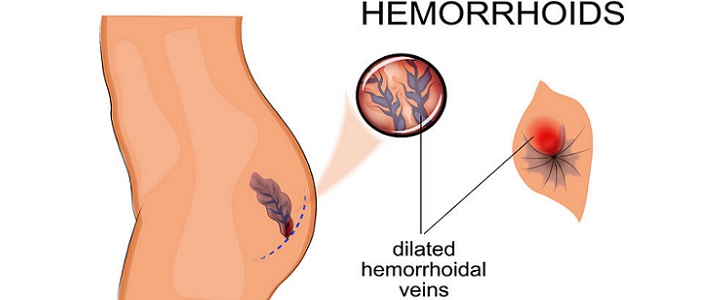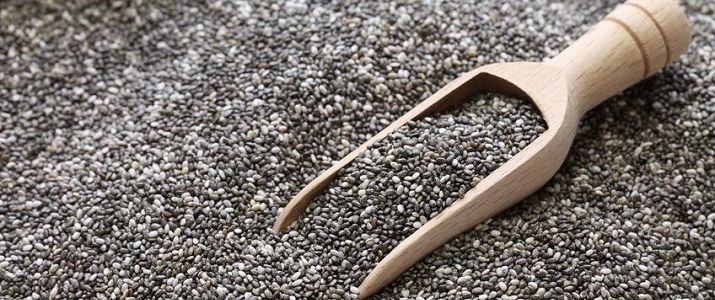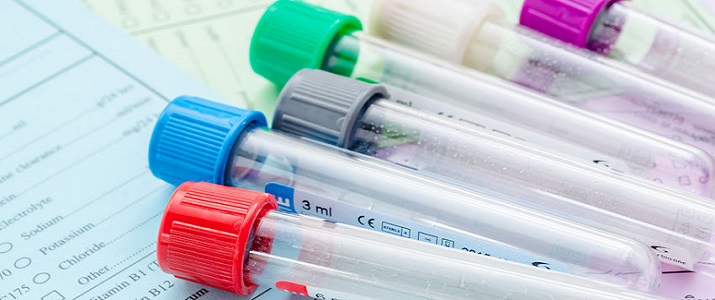Today we review Walgreens Super Probiotic Digestive Support. With 20 billion active cultures per capsule, this supplement helps to promote a healthy gut. By maintaining and regulating the amount of microflora in your digestive tract, this will help decrease the symptoms of Irritable Bowel Syndrome. This supplement has been proven safe for both adults and children.
Ingredients
- Probiotic Blend (20 CFU)
- Bifidobacterium Lactis
- Lactobacillus Acidophilus
Both of the bacteria are proven to help promote a healthy digestive system. Having a mix of both bacteria will be beneficial in preventing IBS symptoms. The capsules are made of cellulose, silicon dioxide, and magnesium stearate. Because it is not stated the source of the cellulose, we cannot guarantee that these capsules are vegetarian friendly.
Dosage
The recommended dose for this product is one capsule a day. Capsules should be swallowed and never chewed. If a child is unable to swallow the pill, it is acceptable to open the capsule and add the contents to a cold drink or soft food, like yogurt or applesauce.
Possible Side Effects
This supplement should not be exposed to heat or moisture. If adding the contents of a capsule to food or drink for a child, the food/drink should not be hot, as it will decrease the effectiveness of the probiotic. Also, while there are 20 billion live cultures when produced, the amount of these cultures decrease, and a proficient amount is only guaranteed to be in each capsule until the expiration date. As with any dietary supplement, you should consult with a doctor before starting this supplement and if this supplement does not offer the expected benefits.
Price
One 60-count box of capsules costs $22.99. Walgreens currently has a buy one, get one 50% off sale, making the second box cost only $11.99. Since this is a 2 month supply, this price is relatively cheaper than other probiotics we have seen. If you decide to ship to a Walgreens store near you for pick-up, you can have your purchase shipped for free.
Guarantee
Walgreens allows returns of their products within the first 30 days of purchase. Your return must be accompanied by the original purchase receipt. Should you be unsatisfied with the product within the first month, simply bring the unused portion of the supplement along with the receipt into any store to receive a full refund of the purchase price, including shipping. Normally, dietary supplements need a minimum of 4-6 weeks to build up in your system to see the full effects. With only 30 days to make a return, customers are not afforded the opportunity to see whether this supplement will truly benefit them.
Our Walgreens Super Probiotic Digestive Support Review – Conclusion
There are a few things that we liked about Walgreens Super Probiotic Digestive Support. With a blend of two bacteria, this supplement has ingredients proven to help with IBS symptoms. The price of the supplement is also less expensive than other probiotics we have researched.
Unfortunately, there are a few things we did not like about this product. First off, if you choose to open the capsule for a child, you have to be extremely careful to not put it with hot foods, as it can kill the live bacteria. Secondly, while there are 20 million live cultures at production, there is no way to know how much of the live bacteria you will actually get as this product ages. Lastly, the manufacturer’s return policy only allows for 30 days, which is not long enough for a dietary supplement to build up in your system. For these reasons, we cannot recommend this product to help relieve the symptoms of IBS.
Click here to learn about our Top IBS Products.

 Subscribe Now
Subscribe Now








